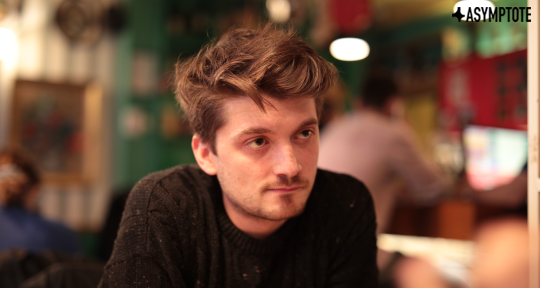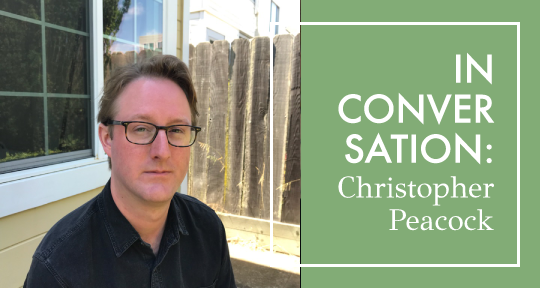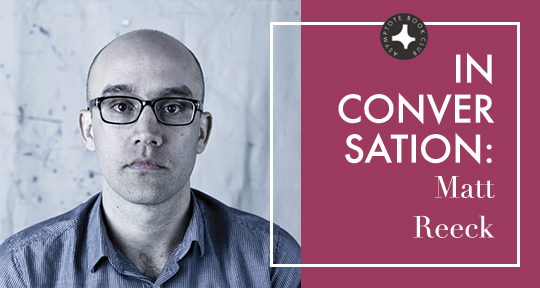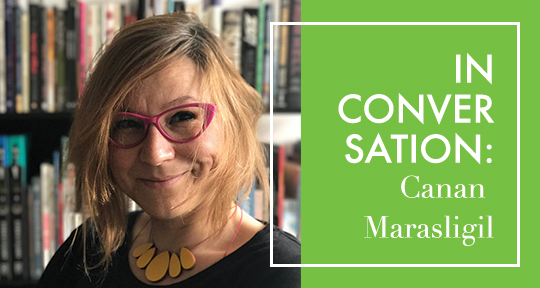As Europeans try to make sense of the war on their doorstep, boycotts targeting Russia have reached past the country’s oil exports to its poets, painters and tennis players. The invasion of Ukraine earlier this year set off the largest refugee crisis in Europe since World War II; it also, according to past contributor Vladimir Vertlib (tr. Julie Winter), inspired a wave of “outright hostility” against Russian literature. This thoughtful essay by the Vienna-based Jewish Russian writer is an argument about the baby and the bathwater—Pushkin and Putin—and a strident call for nuance in wartime.
When I was a child, other people always knew who I was better than I did. One day my parents told me that I was Jewish. But I wanted to be a Leningradian because I was born in Leningrad, known today as St. Petersburg. My parents laughed. They said that you could be a Jew and someone from Leningrad, that was no problem, even if you lived in Vienna. I didn’t feel Austrian or Viennese at that time, although I was undoubtedly at home in our neighborhood Brigittenau. To this day, parts of this Viennese district, as well as the adjoining Leopoldstadt, have remained the only place in the world where I feel I belong.
This ambivalent identity confusion was soon as much a part of my being as was my accent-free German and everyone’s mispronunciation of my first name, which I accepted and eventually even adopted myself. For my Austrian classmates and teachers, however, the matter was perfectly clear: I was a typical Russian. Why I was “typical” was a mystery to me because whenever my classmates or teachers described something as “typically Russian,” they immediately said that they “of course” didn’t mean me.
Brigittenau, where I went to elementary school and later to high school, had belonged to the Soviet occupied zone in Vienna after the war; the memory of that time was still fresh almost fifty years ago when I started school. The “Russians” were said to be brutal and uncultured. They drank water from toilet bowls, screwed light bulbs into sockets that were disconnected from any source of power and then wondered why they didn’t light up, raped women en masse, stole, robbed, murdered and destroyed senselessly, simply out of anger and revenge. Russians are emotional, it was said. Sometimes they’re like children—warm, naive and helpful—but they could suddenly become brutal and unpredictable like wild animals. They were, after all, a soulful people, in both negative and positive respects. The latter was attributed to me. If my essays or speeches were emotional, it was said to be due to my “Russian soul,” and people thought they were paying me a compliment. I, on the other hand, was always unpleasantly affected by these attributions, because I knew, even in elementary school, that Jews and Russians were not the same thing. No Russian, my parents explained to me, would ever accept me as his equal. In the former Soviet Union, ethnic groups, which included Jews, were clearly distinct. So my supposed “Russian soul” was not only embarrassing, it was also presumptuous. I was assigned something that I was not at all entitled to, based on my ethnicity. READ MORE…






